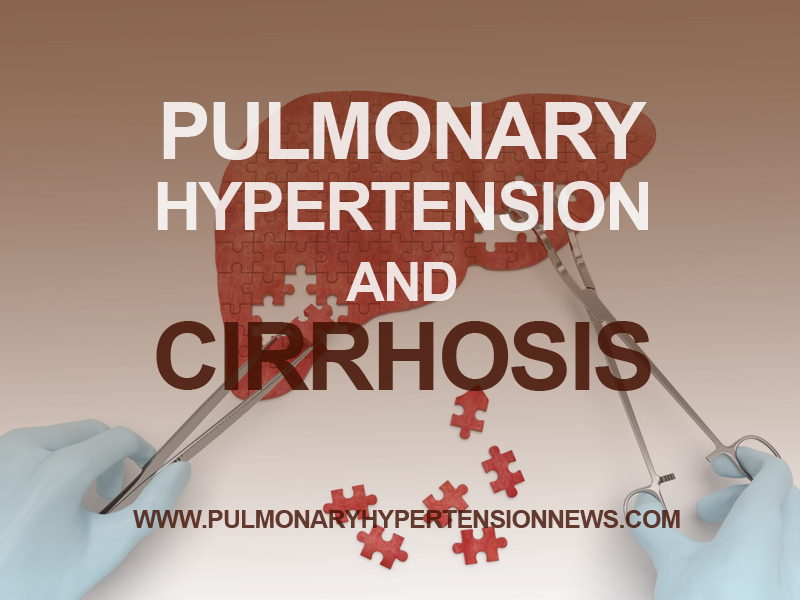Pulmonary Hypertension and Cirrhosis

Pulmonary hypertension (PH) is characterized by high blood pressure in the lungs, which affects the pulmonary arteries — the vessels that transport blood from the heart to the lungs. Due to the thickened and narrowed pulmonary arteries, the heart needs to work under stress to properly pump the blood, which can result in enlarged and weakened heart, as well as right heart failure and even death.
Pulmonary hypertension and cirrhosis are more common among women and patients who also suffer from autoimmune hepatitis, and about five percent of the with end-stage liver disease will develop pulmonary hypertension. Being aware of the signs of the disease is one the first steps to detect it early. Progressive symptoms of pulmonary hypertension in patients with cirrhosis include dyspnea on exertion, orthopnea, fatigue, and syncope, being the last one a late sign.
Read more about PH and Cirrhosis: https://bit.ly/1MBEGFT
Note: Pulmonary Hypertension News is strictly a news and information website about the disease. It does not provide medical advice, diagnosis or treatment. This content is not intended to be a substitute for professional medical advice, diagnosis, or treatment. Always seek the advice of your physician or other qualified health provider with any questions you may have regarding a medical condition. Never disregard professional medical advice or delay in seeking it because of something you have read on this website.







